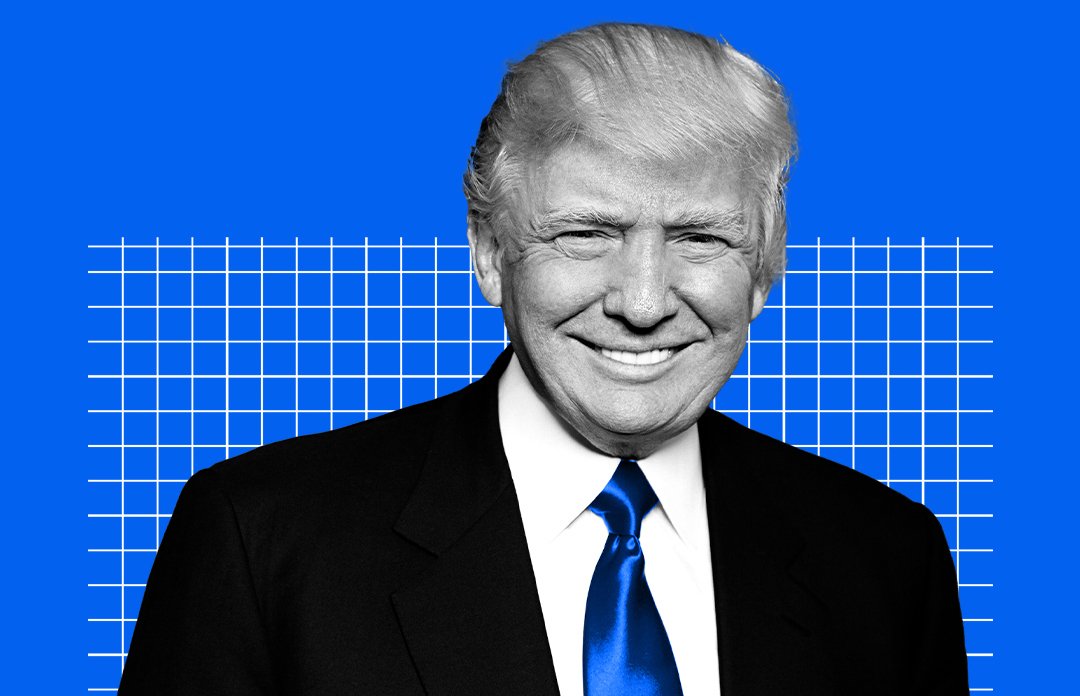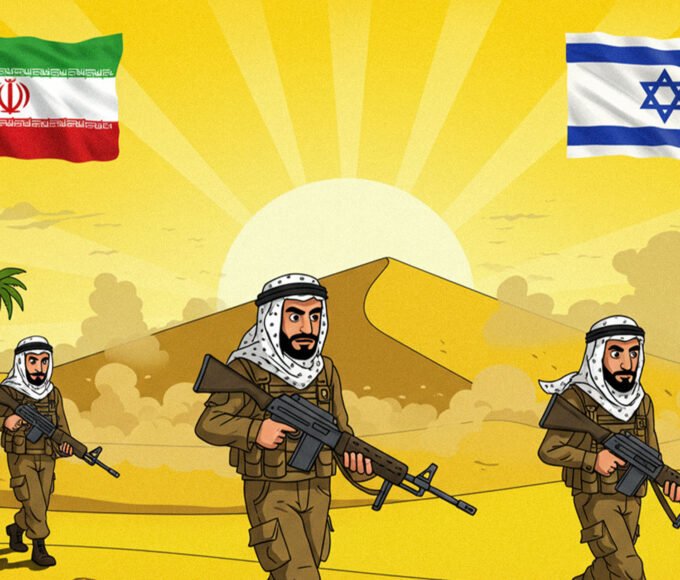Trump’s Tariffs:What They Mean for African Businesses and the Future of Trade
A trade war is not just a game; it's a profound reordering of the global economy. President Trump's new tariff regime is a fundamental shift in U.S.-Africa trade relations, with tariffs ranging from 10% to 30% on key African exports and the long standing AGOA program effectively nullified. How are African businesses and entrepreneurs responding to a new era of trade uncertainty?

When a trade war breaks out, the world holds its breath, but for African businesses, it often feels like a different kind of challenge: navigating a chess game where the rules are constantly changing. The latest move—President Trump’s new tariff regime—is not just a political maneuver; it’s a fundamental reordering of U.S.-Africa trade relations. While the immediate impact is a difficult storm to weather, this crisis is also forcing African economies to pivot, innovate, and forge a new path forward. It’s a moment of both peril and profound opportunity.
The new tariff regime, implemented via Executive Order 14257, creates a two-tiered system that hits different African countries with varying levels of force. A Universal Baseline Tariff of 10% applies to imports from 29 nations, including major economies like Nigeria, Kenya, and Egypt. However, a second tier imposes significantly Higher Country-Specific Tariffs on 22 countries with the largest U.S. trade deficits. South Africa, for instance, faces a steep 30% tariff. These tariffs are particularly impactful because they effectively nullify the long-standing duty-free benefits of the African Growth and Opportunity Act (AGOA), a program that has been a cornerstone of U.S.-Africa trade for a quarter-century and is set to expire in September 2025.
Manufacturing and Export-Oriented Businesses Face the Brunt
The shockwaves from these tariffs are most acutely felt in Africa’s manufacturing and export sectors. The Textile and Apparel Industry has been particularly hard-hit. In Lesotho, a country where the textile sector employs up to 50,000 workers, factory closures and mass layoffs began almost immediately. These businesses, which supply major U.S. retailers like JCPenney and Walmart, have had to contend with a crippling 50% tariff (later reduced to 15%), forcing them to declare a state of emergency. While this is devastating for countries like Lesotho, it’s worth noting that nations like Kenya and Egypt may see a silver lining, as they benefit from reduced competition from Asian rivals like Bangladesh and Vietnam, which face even higher tariffs.
The Automotive Sector in South Africa, a key pillar of its economy that supports over 115,000 jobs, is also under immense pressure. The 30% tariff on South African exports makes its goods less competitive in the U.S. market, forcing major players like Mercedes-Benz South Africa to absorb higher costs or risk losing market share. According to the South African government, these tariffs could put up to 100,000 jobs at risk across the auto and agricultural sectors.
A Tale of Two Sectors: Agriculture vs. Digital
The tariffs’ impact is not uniform. The Agricultural Sector, a lifeline for millions, is struggling. South African citrus and wine producers, who rely heavily on U.S. markets, are now scrambling to find alternative buyers in Asia and Europe, where consumer preferences and market access are vastly different.
Conversely, the Tech Startups and Digital Businesses largely remain unscathed. Tariffs are levied on physical goods, leaving service exports like software, SaaS, and cloud computing untouched. While there are indirect effects—such as reduced investor confidence and currency volatility—the digital economy is emerging as a potential lifeboat.
While traditional industries are facing an existential crisis, the digital economy can serve as a catalyst for economic diversification. The crisis is highlighting the need for African nations to invest in and champion their service sectors, which are more resilient to the whims of global trade politics.
Strategies for Survival and Growth
In the face of these challenges, African economies and entrepreneurs are not standing still. They are aggressively pursuing Diversification Strategies, with the African Continental Free Trade Area (AfCFTA) becoming more important than ever before. This continent-wide trade pact offers a pathway to expand intra-African trade and reduce reliance on any single export market. Meanwhile, businesses are also exploring partnerships in Europe, Asia, and the Middle East.
Additionally, the tariffs are forcing a rethink of Supply Chain Restructuring. Businesses are looking at building regional value chains within Africa to take advantage of tariff-free trade and are exploring manufacturing relocation to countries with more favorable U.S. trade terms. The emphasis on the digital economy is also a key part of this strategy, as more companies pivot to e-commerce platforms and service-based models that are immune to tariffs.
In the long run, this trade upheaval could be the catalyst for greater resilience and innovation. It forces entrepreneurs to reorient their market focus, accelerate regional integration, and develop new, more robust business models.
A New Chapter for African Trade
Ultimately, Trump’s tariffs are not just a temporary headache; they represent a permanent inflection point in Africa’s trade story. While the immediate consequences are severe, the crisis is providing a powerful impetus for African nations to accelerate regional integration and reduce their dependence on single export markets.
For African entrepreneurs, the key to survival is agility. The businesses that can pivot to new markets, leverage intra-African trade, and embrace the digital economy will not only weather the storm but also emerge stronger. As the potential end of AGOA looms, these adaptations are not just temporary responses but essential long-term strategies for survival and prosperity. The tariffs underscore the urgent need for Africa to build robust regional value chains that can provide both resilience and self-determination, independent of external trade politics.
Recent Posts
Related Articles
The Impact of the Iran-Israel Conflict on African Economies
What could this ongoing conflict mean for Africa’s economic stability in the...
ByTrendit Africa5 Business Lessons from Africa’s Self-Made Titans
Here are five crucial business lessons gleaned from Africa's richest self-made trailblazers.
ByTrendit AfricaMaking Connections Count – 4 Tips to Network Your Way to New Brand Opportunities
Here are four key tips to help you network successfully and open...
ByTrendit Africa5 Tips for Finding the Right Clients for Your Business
Finding the ideal clients requires a strategic approach. Here are five key...
ByTrendit Africa













Leave a comment